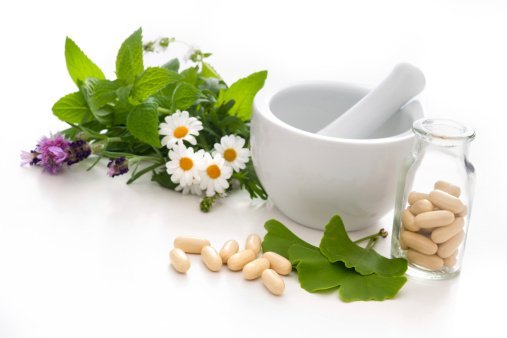Preference for ayurvedic treatment after COVID-19 pandemic

Ayurvedic treatment has increasingly gained ground in the aftermath of the COVID-19 pandemic.
It may be noted that 56,123 people received Ayurvedic treatment service through the District Ayurveda Health Centre, Ratnanagar and its subordinating offices in the fiscal year 2077/78 BS.
Among the service recipients are 9,299 (OPD service), 2,843 (Yoga service), 2,794 (Purbakarma-Panchakarma service), 1,000 (senior citizen service), 1,089 (lactating mother and pediatric service), 11,044 (citizen well-being health service) and 813 (other services).
Likewise, as many as 29, 823 people received pharmacy service during the reporting time.
In the fiscal year 2076/77 BS, a total of 8,712 people had received service while 12,665 obtained the service in the fiscal year 2077/78 BS, the Centre said.
Office In-charge Dr Kopila Adhikari informed that the number of service recipients has gradually increased with a hefty rise in the use of Ayurvedic medicines during the COVID-19 pandemic.
She further said, "There used to be a higher number of people adopting Ayurvedic treatment system after not being recovered through other treatment and medicines. Lately, the number of people first approaching Ayurveda has gone up".
According to Adhikari, the Centre has provided 23 types of Ayurvedic medicines free of cost. Likewise, it has also operated other services including pharmacy, laboratory and video X-ray.
The Centre is running Yoga practice sessions from 5.00 am to 6.30 am every day. Every Tuesday, the Centre provides free of cost blood test services, including diabetes. A process has been put ahead for the construction of a 50-bed hospital on the Centre premises.
She further informed that the construction of a building of the provincial medicine manufacturing Centre has been completed and the process of equipment procurement and medicines manufacturing has advanced.
The director at Ayurveda Medicine Manufacturing Centre, Dr Suresh Maharjan said preparation was underway to manufacture 36 types of medicines and oil from 133 domestic herbal plants. At least 80 percent of the herbal plants are local, he added.
At a press conference held on Thursday, Chairperson of Ratnanagar-1 Kul Prasad Sapkota said an arrangement for additional land was made for the expansion of the Centre in coordination with the school.
He shared that the municipality was effortful to develop Ratnanagar as an Ayurvedic treatment hub.
Chairperson of the Centre Operation and Management Committee, Rajendra Shrestha urged all sides to enhance the services of the Ayurveda Centre.


Leave Comment